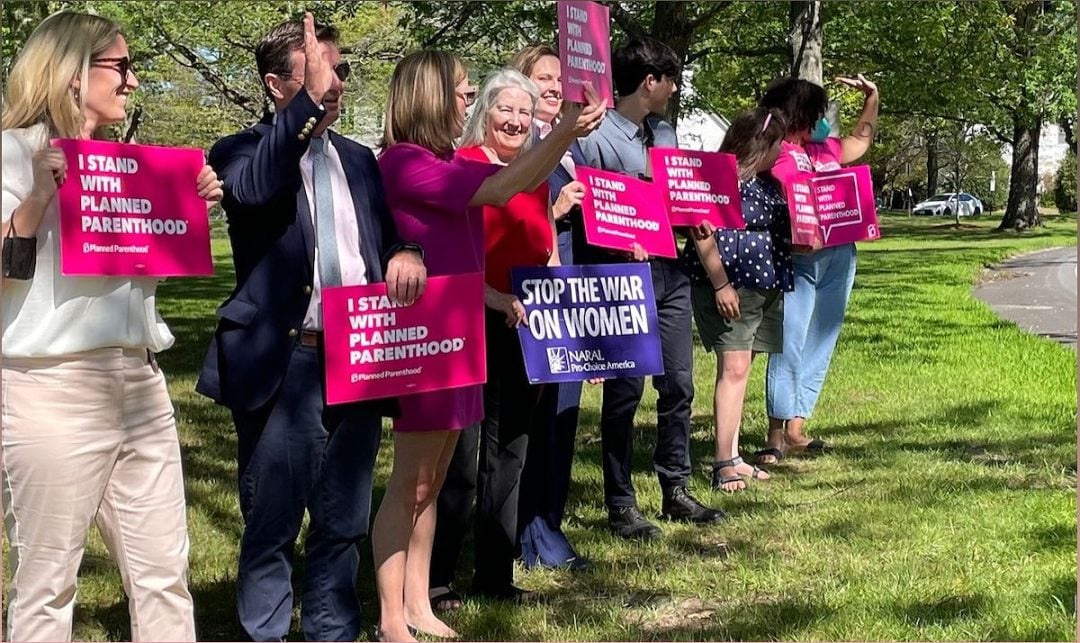The Impact of Funding Rejection on Reproductive Health Care Providers
In a concerning turn of events, the New Hampshire Executive Council has once again rejected funding for crucial reproductive health care providers. This decision has far-reaching consequences for low-income individuals who rely on these organizations for essential services such as cancer screenings, STD treatment, and contraception. Join me as we delve into the potential risks and implications of this funding rejection and its impact on the health and well-being of thousands of Granite Staters.
The Importance of Reproductive Health Care Providers
Understanding the vital role played by reproductive health care providers in New Hampshire
Reproductive health care providers play a crucial role in ensuring the well-being of individuals in New Hampshire. These organizations offer essential services such as cancer screenings, STD treatment, and contraception, which are vital for maintaining overall health. By providing accessible and affordable care, they serve as lifelines for low-income individuals who may not have other options for receiving these services.

With their expertise and resources, reproductive health care providers contribute to the prevention and early detection of diseases, improving the quality of life for thousands of Granite Staters. The rejection of funding for these organizations raises concerns about the potential impact on the health and well-being of the community they serve.
The Funding Rejection Pattern
Examining the repeated rejection of funding for reproductive health care providers
Over the past three years, reproductive health care providers in New Hampshire have faced a disheartening pattern of funding rejection. Despite the vital services they offer and the significant number of low-income individuals they serve, the Executive Council has repeatedly voted against providing funding to these organizations.
The rejection of funding for reproductive health care providers has been primarily driven by concerns over abortion services. The council’s Republicans have expressed their opposition to taxpayer dollars being used for abortions, even though state audits have shown that these organizations do not use public funds for such procedures. This rejection of funding puts the availability of essential services at risk and raises questions about the council’s priorities.
Impact on Low-Income Individuals
Exploring the potential consequences for low-income individuals in need of reproductive health care
The repeated rejection of funding for reproductive health care providers has significant implications for low-income individuals who rely on these services. Planned Parenthood of Northern New England, Equality Health Center, and Lovering Health Center, which have been denied funding, serve as lifelines for thousands of Granite Staters.
Without access to affordable reproductive health care, low-income individuals may face barriers to essential services such as cancer screenings, STD treatment, and contraception. This lack of access can have severe consequences for their overall health and well-being. It is crucial to consider the potential long-term impact on the reproductive health care system in New Hampshire and the individuals it serves.
The Importance of State Funding
Highlighting the significance of state funding for reproductive health care services
State funding plays a vital role in ensuring the availability and accessibility of reproductive health care services. By allocating resources to these organizations, the state demonstrates its commitment to the well-being of its residents and the importance of preventive care.
Reproductive health care providers rely on state funding to offer services at affordable rates and reach underserved populations. Without this funding, the sustainability of these organizations and the services they provide may be compromised. It is crucial to recognize the value of state funding in supporting the reproductive health care system and its impact on the overall health of the community.
The Need for Continued Support
Advocating for the support and funding of reproductive health care providers
The rejection of funding for reproductive health care providers raises concerns about the future of these organizations and the services they provide. It is essential for advocates, community members, and policymakers to come together to support and advocate for the funding of these vital services.
By recognizing the importance of reproductive health care and the impact it has on the well-being of individuals and communities, we can work towards ensuring that these organizations receive the support they need. Together, we can strive for a healthcare system that is inclusive, accessible, and prioritizes the health and well-being of all Granite Staters.
